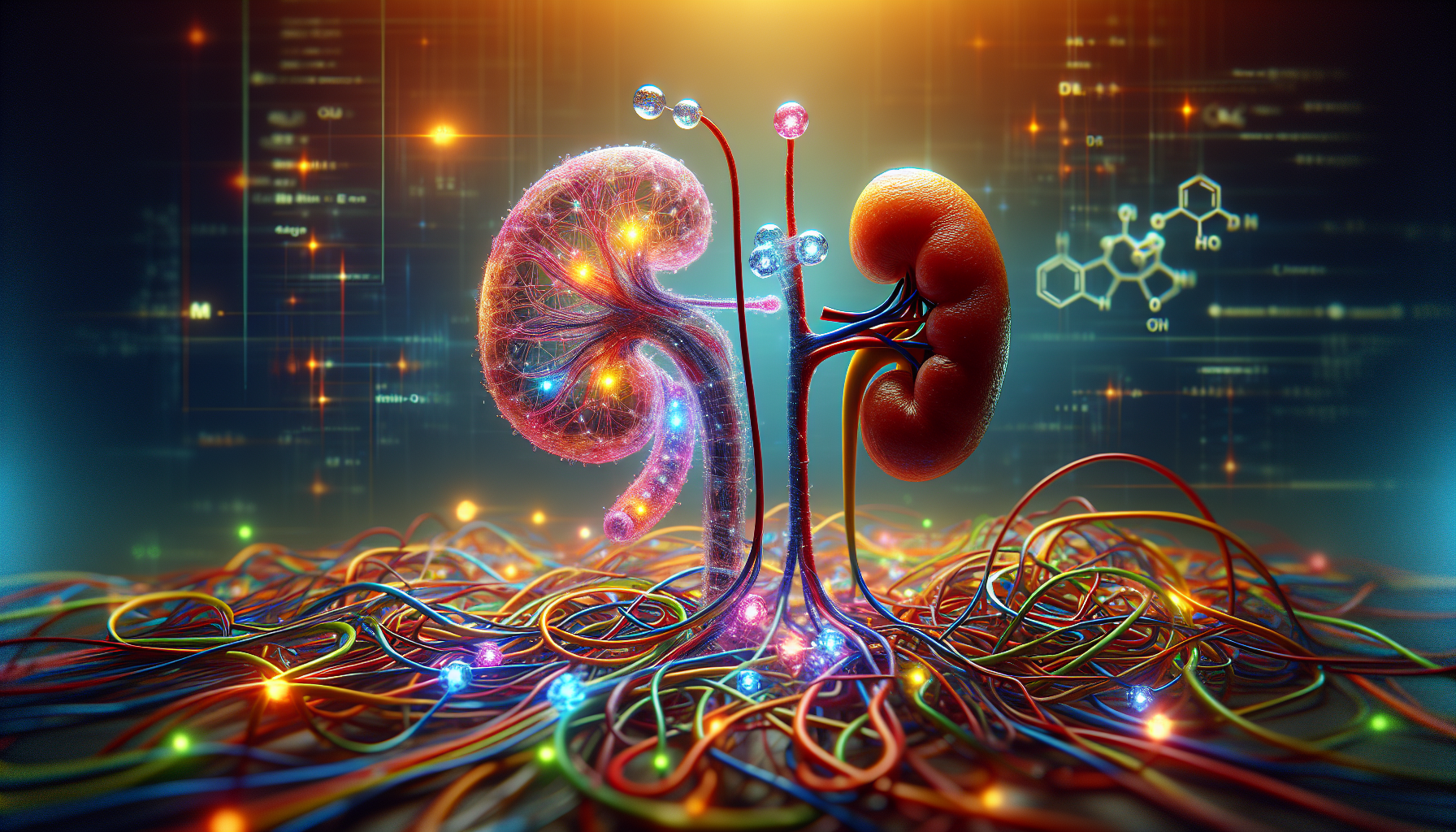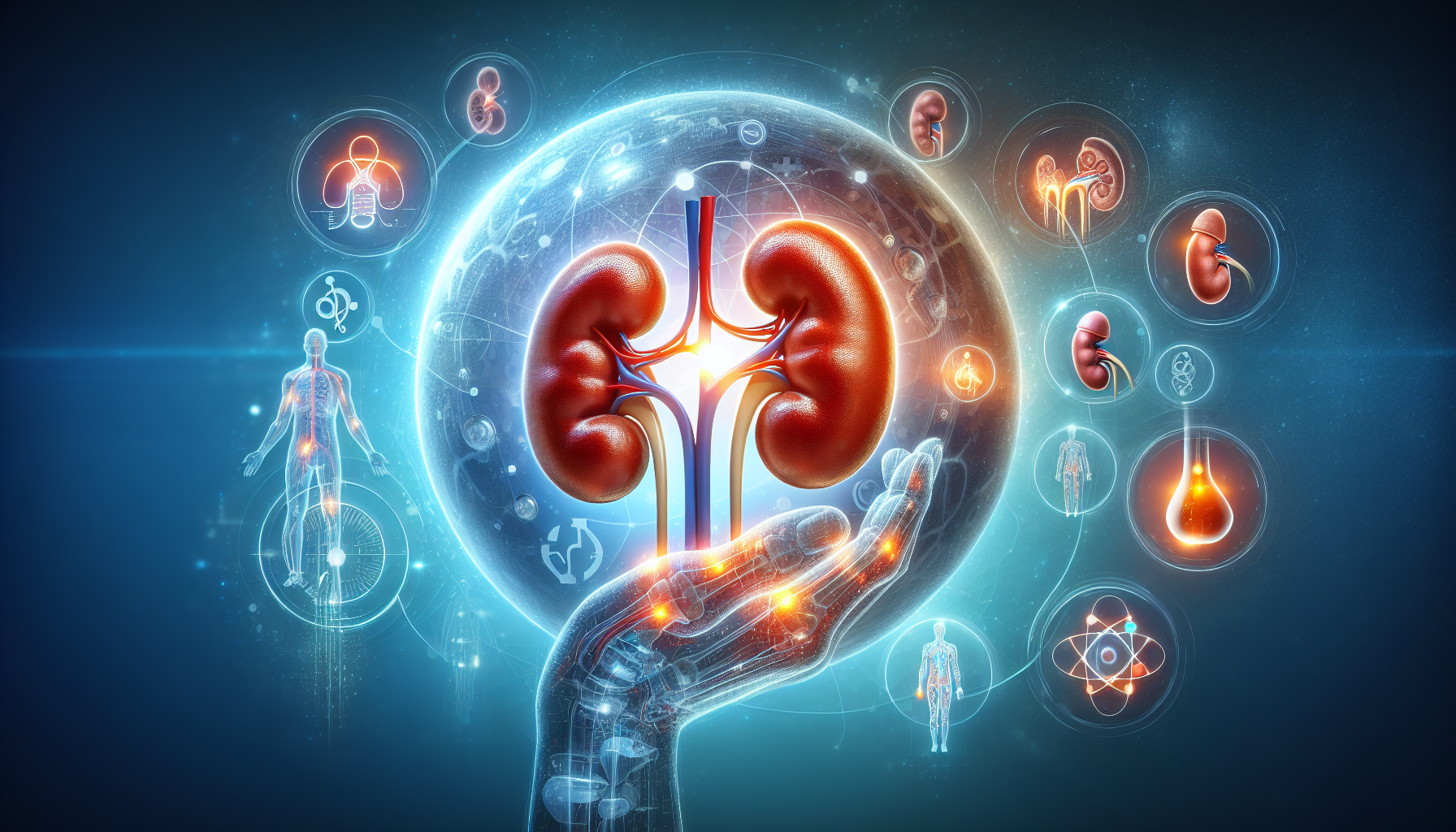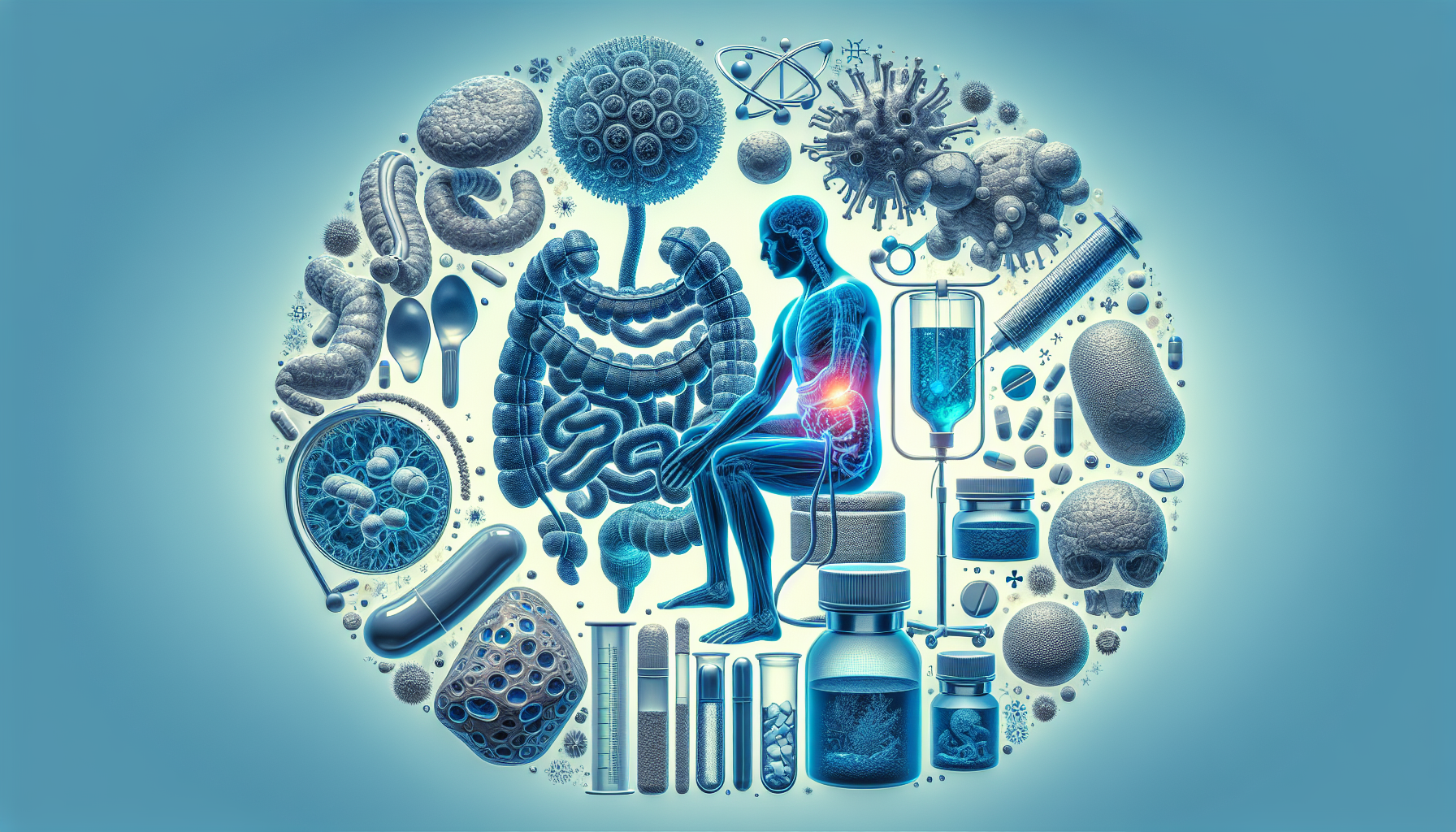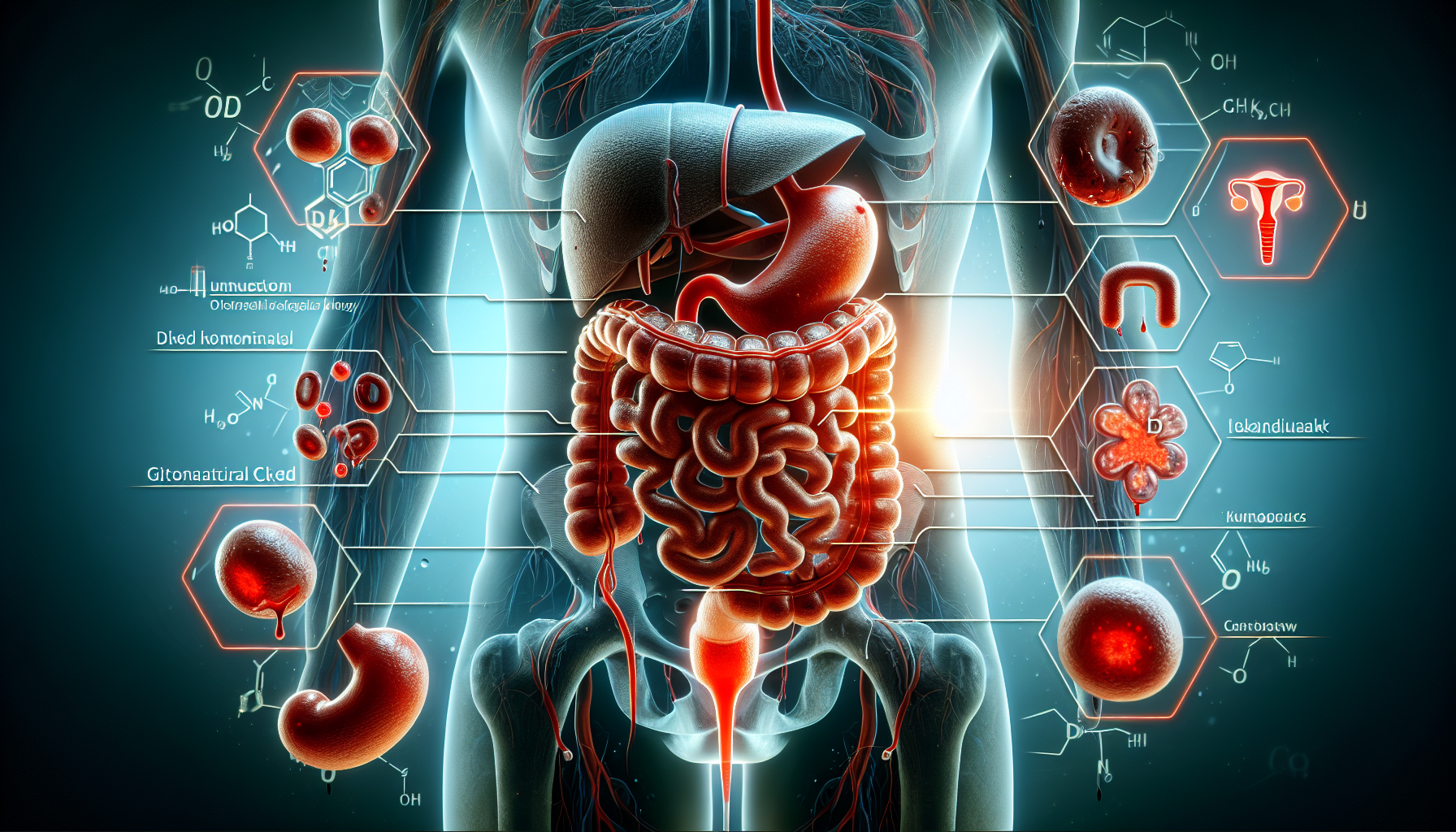How Medical Nutrition Therapy Can Transform Care for Chronic Kidney Disease Patients
Key Takeaways
- Medical Nutrition Therapy (MNT) can delay the need for dialysis in CKD patients.
- MNT is a cost-effective method, saving $47,000 per patient on average.
- Early referrals to RDNs can significantly improve patient outcomes and reduce healthcare costs.
Did You Know?
What is Medical Nutrition Therapy (MNT)?
Medical Nutrition Therapy, or MNT, involves dietary assessment and counseling provided by a registered dietitian nutritionist (RDN). It's specifically tailored to manage various health conditions, including chronic kidney disease (CKD).
Impact on Chronic Kidney Disease
For patients with late-stage chronic kidney disease, MNT has shown profound benefits. By following personalized dietary plans, patients can reduce medication burden, stabilize blood pressure, and maintain better lab results. These improvements give patients the confidence to make healthier eating choices, both at home and in social settings.
Cost-Effectiveness of MNT
Studies have demonstrated the cost-effectiveness of MNT for late-stage CKD patients. An analysis involving six patients revealed a significant delay in the need for dialysis—by an average of 14 months. Financially, this translated into an estimated savings of $47,000 per patient when considering the costs of MNT compared to dialysis. The average cost of dialysis is approximately $48,151, whereas the cost of MNT was around $1,010 during the study period.
Clinical Outcomes
The research showed that among the six patients, four have not needed dialysis so far, and one required dialysis but took the proactive step of creating a fistula. Another patient is scheduled for a paired donor transplant. These measures enhance the quality of life and reduce the risk of complications associated with hospitalization.
Recommendations for Healthcare Providers
Increased referrals to RDNs for MNT could lead to significant health benefits for CKD patients. Making these referrals earlier in the treatment course can substantially improve patient outcomes and reduce healthcare costs. The study suggests that incorporating nutrition referrals standardly into nephrology care could revolutionize treatment.
Comprehensive Patient Care
Nutrition counseling isn't just a one-time intervention. Continuous support and reassessment are essential parts of MNT. Each set of lab results should be accompanied by dietary counseling to ensure patients are on the right track.
The Future of CKD Management
Integrating MNT as a routine part of CKD care can be transformative. Practitioners need to recognize the essential role of nutrition counseling in managing chronic kidney conditions. Early referrals and consistent follow-up can empower patients to make long-term health changes, thus delaying or potentially avoiding the need for dialysis.
Patient Testimonials
Patients undergoing MNT have shared positive experiences, citing reduced medication use and improved well-being. These testimonies support the data, highlighting the tangible benefits of this approach.
Conclusion
In conclusion, MNT is a powerful, cost-effective strategy for managing late-stage CKD. It helps delay dialysis, reduces medical costs, and improves patient quality of life. Therefore, it should be a standard part of CKD care.






